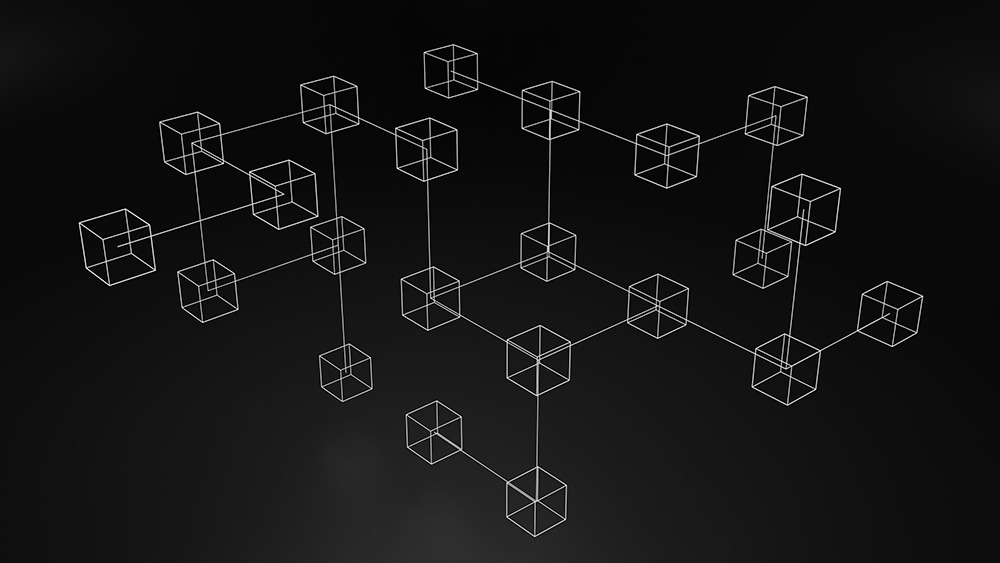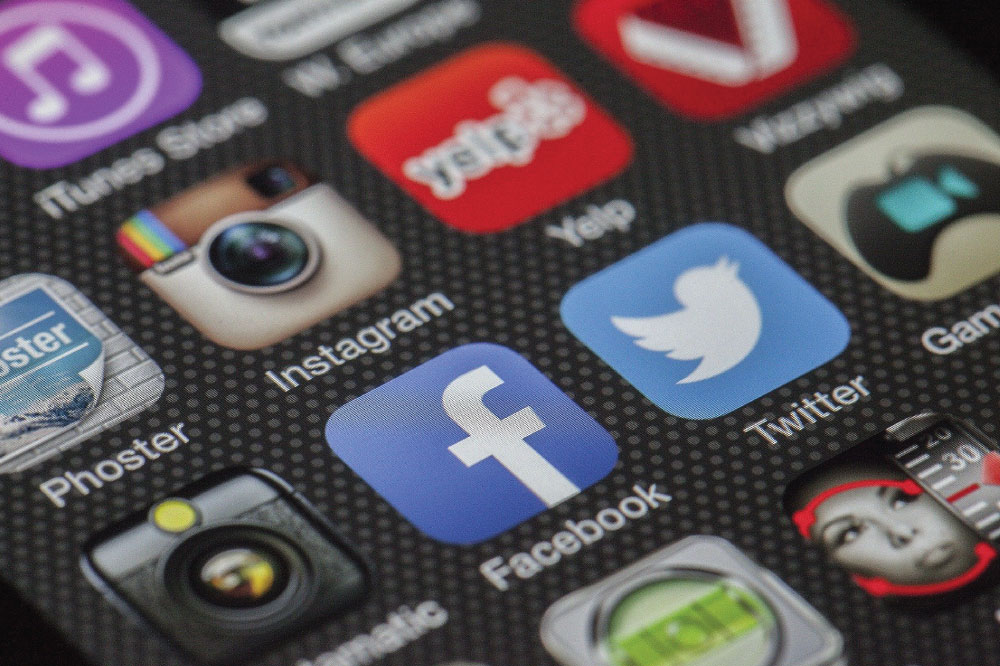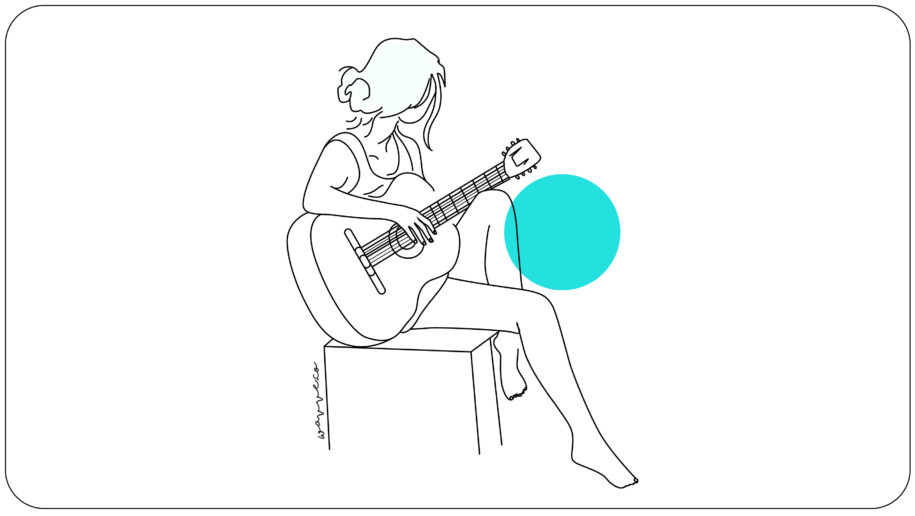We’re all used to centralized publishing platforms like YouTube acting as central hubs for our content and entertainment. But decentralized platforms?
What does decentralization mean for content creators?
Today, we will explore the advantages and disadvantages of decentralized content platforms for creators versus the familiar centralized ones.
We will also share some examples of these decentralized networks as jumping-off points where you can publish, learn, and explore. Keep in mind, nothing mentioned here is an endorsement or investment advice, as some of these projects have a financial aspect to them.

What Is A Decentralized Platform?
A decentralized platform or application (dApp) is digital software that functions in a network of independent nodes where no one entity has authority.
DApps could be a peer-to-peer (P2P) network like Napster of years past. A blockchain network like bitcoin. Or many of the new Web3 platforms where copies of the network software are on millions of independently owned computers or devices all over the internet.
These dApp networks are anti-fragile. The more one node tries to control a community, the harder it will protect itself.
New dApps are launching to offer alternatives to the current big tech platforms, with finance (DeFi) and gaming leading the charge. Social media dApps, or DeMe (Decentralized Media) apps, are just starting to debut.

Decentralized Vs Centralized Platforms
Think about the more popular apps you’ve used — Twitter, YouTube, Instagram, Spotify — and consider how these apps work. A single organization can turn on or off each app through a central computer system.
But in a decentralized network, the users become the computers or nodes that run the system. Each creator on the platform then has a responsibility or stake in the health of the network.
This means each creator has a stronger presence and voice in the community to direct its future.
Decentralized systems are typically open source, meaning the software code is shared publicly where the community can add to or change it. Centralized systems are typically closed to the public and protected.
And because many of the new DeMe dApps are based on a blockchain, they also come with the benefit of being recorded forever on a public blockchain. Which can be an advantage or a disadvantage.

4 Decentralized Apps For Your Publishing Needs
Alternative to Twitter or Instagram: Minds
If you’re hooked on Twitter, check out Minds. This decentralized open source social media platform is a blockchain-run Twitter alternative.
It runs on the Ethereum (ERC-20) blockchain, so you can upgrade to participate in crypto rewards for publishing and engagement.
Keep in mind too that in all these examples, there are new similar social media platforms launching for each smart contract crypto project from Ethereum to Bitcoin to Cardano to IOTA, so keep your ears open.
Alternative to YouTube: DTube
This alternative to YouTube runs on the STEEM blockchain and addresses some of the issues content creators have voiced about YouTube’s AI.
YouTube also holds the power to decide how content monetization works. With DTube, these choices are given back to the user community, so creators retain more say over the content they share.
Also, checkout LBRY for a similar decentralized platform.
Alternative to Medium: Hive
Hive is a blogging alternative to Medium. This decentralized platform builds on the HIVE blockchain network.
Remember how decentralized networks can vote on the direction of their network? Hive was born when Justin Sun, the owner of the TRON cryptocurrency, bought STEEM in 2020. The majority of the STEEM network didn’t like a potential move toward centralization, so they voted to hard fork the network into a new blockchain called HIVE.
The HIVE blockchain social media network creates incentives for content creators and bloggers to publish their content on the site. It’s a great ecosystem for you to learn how Web3 works.
Creators can earn cryptocurrency for sharing content on the platform, while other users also earn rewards for rating and voting on published material.
Alternative to Spotify: Audius
Audius made headlines in 2021 when it partnered with TikTok to provide music to the platform.
Through a decentralized Solana blockchain network and aligning artists, fans, and node operators, Audius aims to solve many of the challenges of the traditional music business.
While catering to certain genres over others, it’s still home to many podcasters, musicians, and producers. With rewards, badges, NFTs, and tokens, there is plenty to like by fans and content creators alike.

The Advantages & Disadvantages Of Using A Decentralized Platform
One of the major advantages of using a decentralized app can also be its disadvantage — the permanence of the content recorded on a public blockchain.
While having more say in the direction of your community and its platform is advantageous, keeping up with the responsibility of maintaining a healthy network is not everyone’s cup of tea.
Copyright protection is not a feature of decentralized platforms currently, but proving you own content on a public blockchain can unlock other rewards and exclusive access.
DApps often connect to private crypto wallets making paying creators faster and easier. However, the security risks and financial impacts if not done properly open creators to unneeded risk.
With less mainstream use and more niche community involvement, some published content may have a better chance of performing well. But of course, it’s hard to beat a top centralized mainstream platform on level of attention and audience.
Top centralized platforms like Twitter are even heading off competition from these fledgling decentralized platforms by incorporating things like NFT profile pictures.
One of the disadvantages of decentralized apps is capacity. Specifically the ability of these platforms to meet scale demands as more creators join.
Growth in users may lead to congestion, slow speed, transaction fees, and other issues.
User-friendliness is another area of concern. These newer platforms have to compete with the time-tested, sleeker user interfaces of established platforms.

Conclusion
Blockchain technology is transforming how people work, transact, and even how they share and consume content.
For content creators from writers to podcasters, these platforms offer uncensored, creator-controlled content.
Through these decentralized platforms, you now have alternatives to centralized big tech. Your content will live on the blockchain for as long as people use that blockchain.
Should you accept the current risks and disadvantages, decentralized platforms may help you find your community, increase your influence, and give you a viable publishing alternative.
We encourage you to load your wavve content to at least one social dApp today.
I’m the CEO of Wavve. I love encouraging creators and entrepreneurs to share their stories and lead with purpose.

